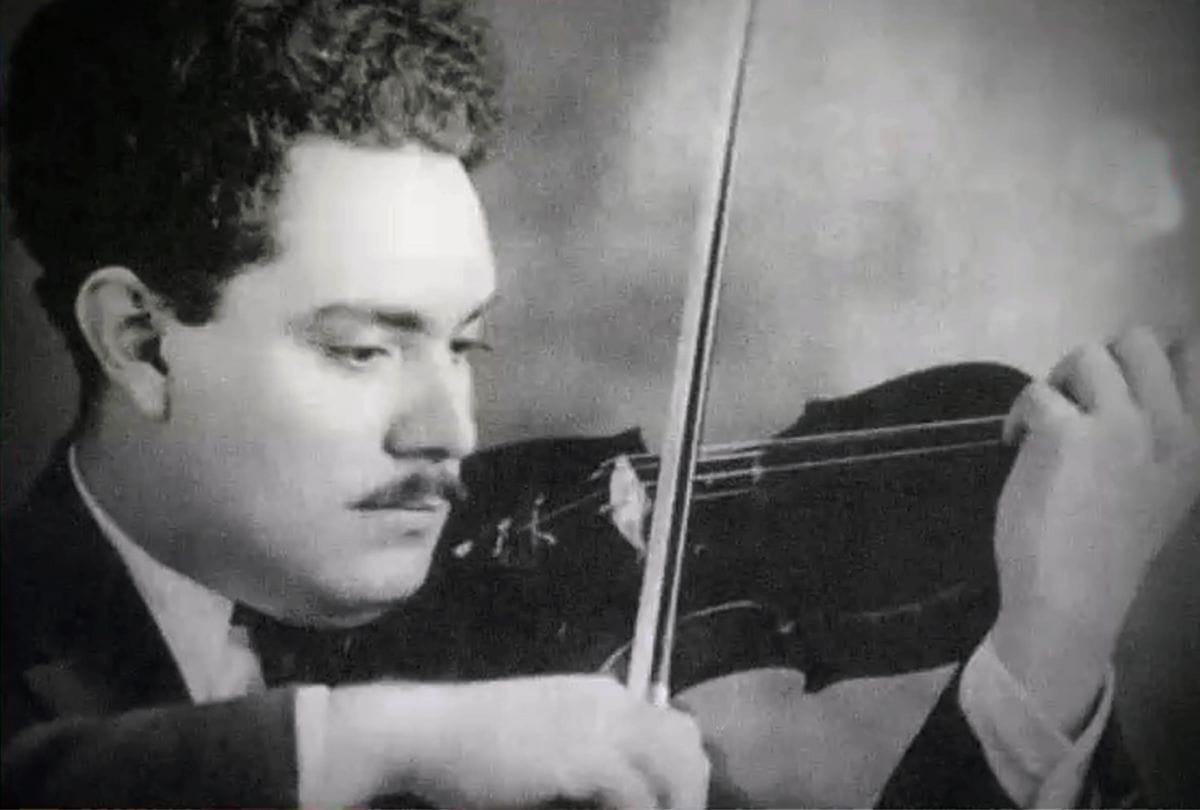Juventino Rosas, Music, and the Fight for Composer Rights
Juventino Rosas' iconic “Sobre las Olas” rode fame's waves, paving the way for Mexican music. Dive deeper into its vibrant history, meet the composers keeping the rhythm alive, and discover why Mexican music is the next melody to paint your world.

There's a melody that clings to the air like sunshine on cotton candy – a tune so ubiquitous, so ingrained in our collective memory, that it's practically synonymous with childhood carnivals and waltzing elephants. This, my friends, is the legacy of Juventino Rosas, the 19th-century Mexican composer who rode his waltz “Sobre las Olas” (On the Waves) to global fame, becoming the first composer from his sun-drenched land to achieve such a feat.
But “Sobre las Olas” is more than just a catchy earworm. It's a cultural chameleon, morphing to fit any occasion – a celebratory fanfare, a nostalgic sigh, even the soundtrack to a runaway hot dog on a roller coaster. No matter the “atresillado” (interpretation), as esteemed UNAM academic José Alfonso Álvarez Domínguez puts it, this waltz weaves its way into our commemorative moments, a testament to its enduring power.




